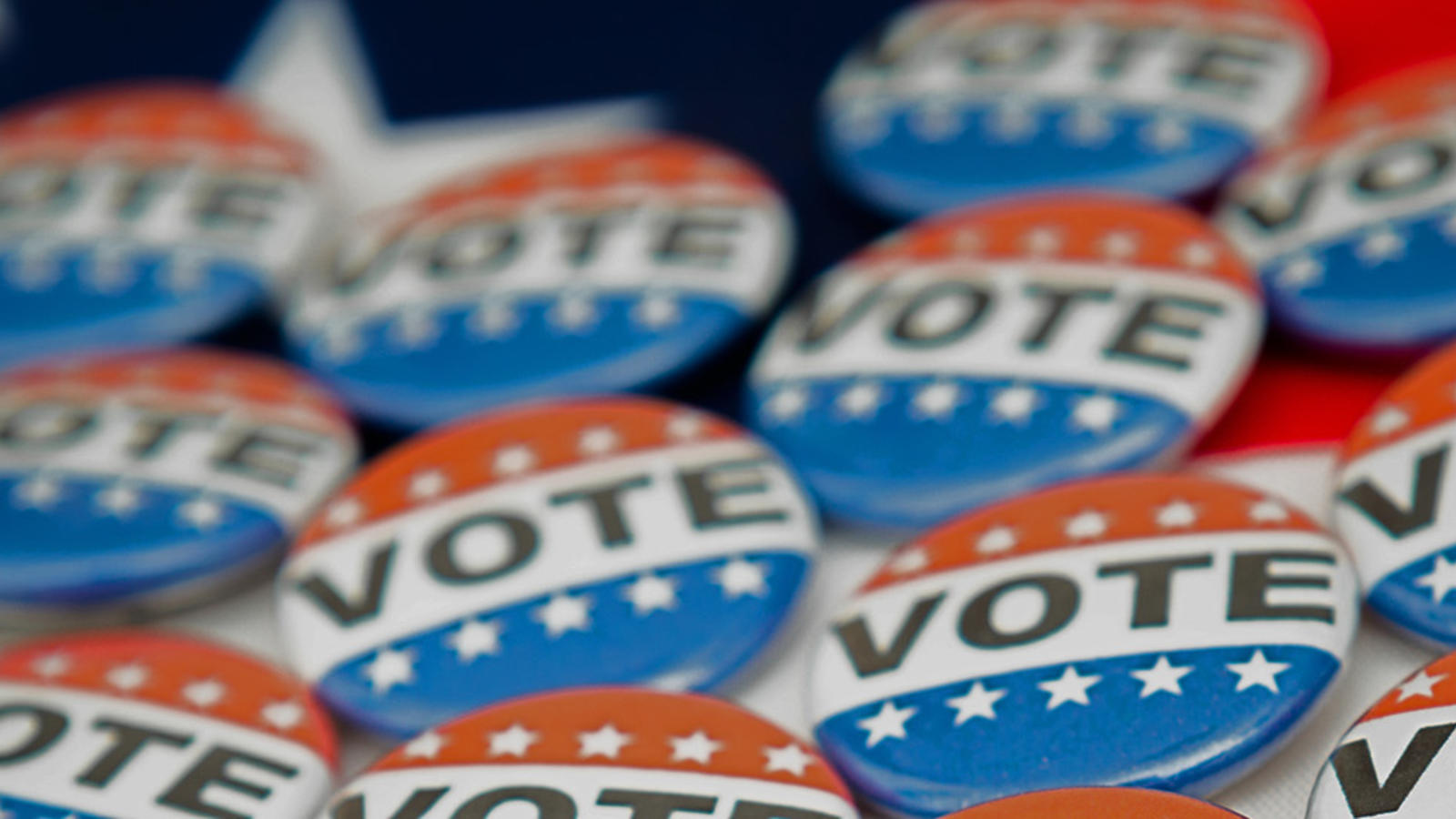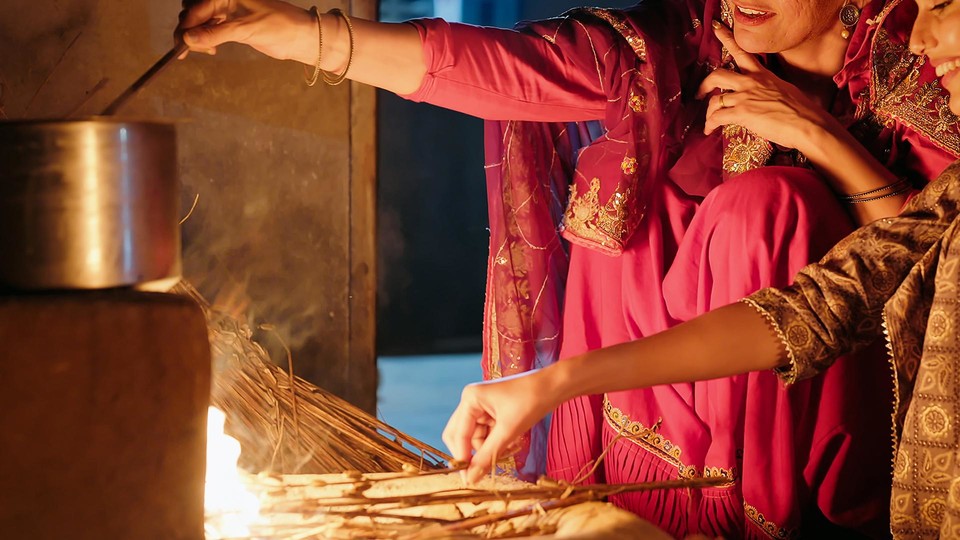
Welcome To The Party
Researchers Designed A Theoretical Model That Mimicked The Candidate Selection And Election Process
Based on research Andrea Mattozzi and Antonio Merlo (former professor and Dean at Rice University)
Researchers Designed A Theoretical Model That Mimicked The Candidate Selection And Election Process
- The public tends to think elected politicians don’t represent the best and brightest of all possible candidates.
- Political parties often select mediocre candidates because of dueling forces known as the discouragement and competition effects.
- Majoritarian electoral systems may encourage parties to nominate more competent candidates.
Politics has been called “show business for ugly people.” It may also be the natural calling of the mediocre and the indifferently prepared, as democracies often find themselves being run by people with less than stellar educations or with little valuable experience. Italy, for example, has a significant number of legislators who don’t even boast a high school degree, while former U.K. Prime Minister John Major was an insurance clerk before beginning his political career. Such examples are plentiful.
Comparing degrees may not accurately capture candidates’ merits. But it is one source of widespread suspicions that elected officials are not quite the cream of the crop. Politicians, critics in many countries complain, are instead members of a “mediocracy.” The truth hurts. Research shows that political parties tend to recruit electoral candidates of average ability rather than their higher-caliber peers, measured by signifiers such as educational attainment.
According to a study co-authored by Antonio Merlo, former chair of the economics department at Rice University, and Andrea Mattozzi of the European University Institute, two phenomena — a mediocre pool of candidates and mediocre elected officials — may reinforce each other.
Research shows that political parties choose less-qualified candidates in order to spark widespread involvement in party politics. They’re trying to avoid what the authors call the “discouragement effect”: when highly qualified members of a competitive organization discourage less competent members from contributing. By seeking a fairly homogeneous group of average politicians, political parties encourage healthy competition within the organization, strengthening the group’s participation and collective political force.
But the discouragement effect doesn’t act alone. It’s part of a trade-off with another dynamic called the “competition effect,” in which recruiting the best-qualified candidates boosts a party’s chances of winning an election. When political parties believe more in the competition effect, they recruit the best candidates. When they worry more about the discouragement effect, they choose candidates who are mediocre.
To show these two effects in the candidate-selection process, the authors designed a theoretical model that mimicked the candidate selection and election process. In the model, two parties selected electoral candidates based on observed effort, distributed across a broad spectrum. The candidate that exerted the most political effort in the general election emerged as the winner. Political ability for each candidate was measured by the cost in effort associated with political activity. In other words, the less effort politicians put into their work for the same outcomes, the more ability they possessed. The model highlighted the trade-off between the discouragement and competition effects, with the trade-off between party service and electoral success mostly being a product of the party’s primary incentive for candidates' nomination.
Interestingly, the model also suggested that a mediocracy functions differently in majoritarian election systems. Majoritarian systems, such as Britain’s First Past the Post system for House of Commons elections, tend to be competitive due to their winner-take-all natures. In these systems, parties are encouraged to nominate more qualified candidates. But in proportional systems, political parties are more likely to nominate mediocre candidates due to the less competitive nature of the elections.
In the United States, most primaries use a proportional electoral model, suggesting that political parties may be incentivized to choose mediocre candidates. At the same time, the presidential election uses a majoritarian, winner-take-all system, and has produced objectively accomplished presidents like Barack Obama, a Harvard Law School graduate and the first black president of the Harvard Law Review, as well as former President George H.W. Bush. It’s important to remember, however, that the theory of mediocracy doesn’t apply only to presidential candidates, but to state level and congressional candidates as well. So if American voters are dissatisfied with their choices come November and looking to cast blame, they can now look beyond their own party honchos. They can blame the system as a whole.
Antonio Merlo is the former George A. Peterkin Professor and Dean of the School of Social Sciences at Rice University.
To learn more, please see: Mattozzi, A., & Merlo, A. (2015). Mediocracy. Journal of Public Economics, 130, 32-44.
Never Miss A Story


